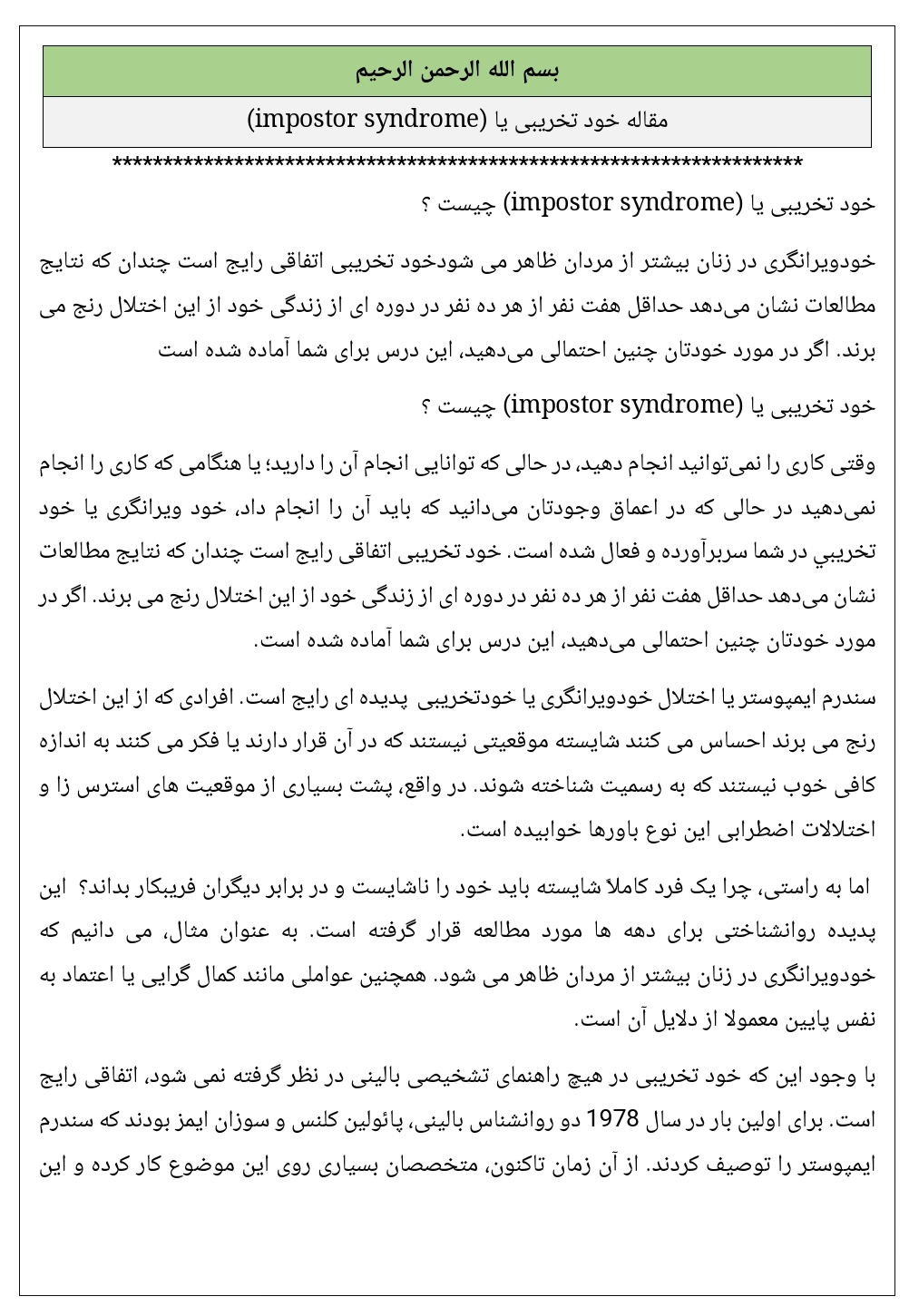Throughout our routines, we often encounter challenges that hinder productivity and personal growth. Among the most common issues are o que é dependencia emocional procrastination, como me livrar da dependência emocional emotional dependency, and impostor syndrome. These problems not only disrupt personal and professional life, but addressing them can lead to significant personal improvement.
In this article, you’ll discover what these issues are, why they occur, and effective strategies to manage them. With the right insights, you can take control of your habits and live a more fulfilling life.
The Definition and Causes of Procrastination
Procrastination is the tendency to postpone tasks or decisions that require immediate attention. It is commonly caused by fear of failure, perfectionism, or lack of motivation.

Studies reveal that procrastination is rooted in the brain’s preference for short-term rewards. Common causes include poor time management, low energy levels, and overwhelming workloads. Recognizing these triggers is essential to addressing the issue effectively.
How Emotional Dependency Affects Relationships
Emotional dependency occurs when someone relies heavily on others for a sense of security and happiness. While building relationships is fundamental, excessive emotional dependency leads to imbalance and stress.
People with emotional dependency may struggle to make independent decisions. It is usually linked to early attachment patterns, such as a fear of abandonment or low self-esteem. Therapy and self-reflection can help foster healthier, more independent relationships.
What is Impostor Syndrome?
Impostor syndrome refers to the internalized fear of being exposed as a fraud. Despite achieving success, individuals with impostor syndrome attribute their achievements to luck or external factors.

This mindset can lead to chronic stress, low self-confidence, and missed opportunities. Research suggests that addressing impostor syndrome requires acknowledging accomplishments, reframing negative thoughts, and seeking constructive feedback.
Strategies to Overcome These Challenges
To combat these challenges, consider implementing the following strategies:
- For procrastination: Break tasks into smaller steps and practice time management strategies such as the Pomodoro Technique.
- For emotional dependency: Focus on building self-esteem through activities like journaling, therapy, or mindfulness practices.
- For impostor syndrome: Keep a journal of your achievements and remind yourself of past accomplishments regularly.
Consistency is vital—adopt these habits gradually to create long-term improvement.
Breaking Free from Mental Barriers
Procrastination, emotional dependency, and impostor syndrome don’t have to define your life. When you take proactive steps to address these issues, you set the stage for a more productive, confident, and fulfilling future.
Begin today—pick a single habit to focus on and commit to making gradual progress. Over time, you’ll see improvements in your mindset and daily life.